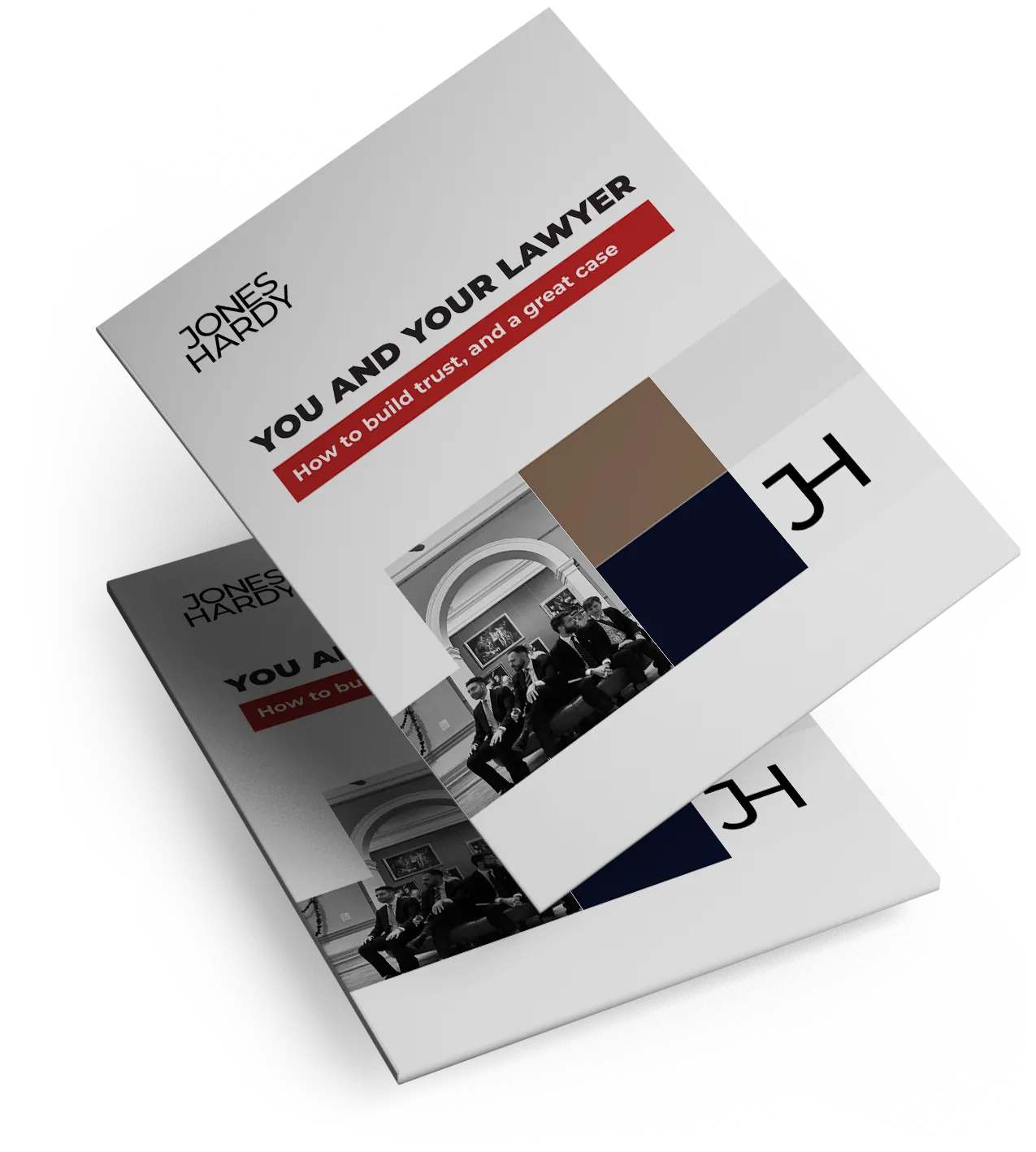Updated October 2025 | Author: Nick Hardy — Criminal & Traffic Lawyer, Jones Hardy Law (Sydney, NSW)
At a Glance
If you’ve been found guilty of an offence in New South Wales, you may still be eligible for bail before sentencing.
However, changes to the Bail Act 2013 (NSW) in 2022—specifically Section 22A—have made post-conviction bail much harder to obtain.
This article explains when bail after a finding of guilt can still be granted, how Section 11 of the Crimes (Sentencing Procedure) Act 1999 applies, and what steps you can take if you’re waiting to be sentenced.
Bail After a Finding of Guilt in NSW
Under NSW law, bail may be granted at any stage of a criminal proceeding before sentencing.
Commonly, this happens when someone is first charged or awaiting a hearing.
It is also possible—though now restricted—for a court to grant bail after a person has been found guilty but before sentencing.
In 2022, new restrictions introduced under Section 22A of the Bail Act 2013 (NSW) significantly narrowed a court’s discretion to release someone on bail once a conviction has been recorded.
Section 11 Applications: Rehabilitation Before Sentencing
Under Section 11 of the Crimes (Sentencing Procedure) Act 1999 (NSW), a court may adjourn sentencing to allow a defendant to demonstrate rehabilitation or take part in treatment programs.
This adjournment—often called a Section 11 application—can serve several purposes:
- Assessing a person’s capacity or prospects for rehabilitation
- Allowing participation in a treatment or intervention program
- Demonstrating genuine behavioural change before sentencing
- Any other purpose the court considers appropriate
When a matter is adjourned under Section 11, the court may set bail conditions to ensure compliance with treatment or participation requirements.
Bail Conditions After a Finding of Guilt
If a defendant has been found guilty but not yet sentenced, and the court does not intend to impose a term of imprisonment, it may grant bail with appropriate conditions.
These conditions might include:
- Attending rehabilitation, counselling, or intervention programs
- Complying with treatment plans recommended by professionals
- Reporting to authorities or service providers as directed
These bail conditions are designed to support rehabilitation and demonstrate a genuine commitment to positive change before sentencing.
Bail After a Finding of Guilt When Imprisonment Is Likely
Where a person has been convicted or pleaded guilty and the court intends to impose a term of actual imprisonment, Section 22A of the Bail Act 2013 (NSW) applies.
This law states that a court must not grant or continue bail unless there are special or exceptional circumstances that justify doing so.
If those circumstances cannot be shown, bail must be revoked (if the person is already on bail) or refused (if in custody).
Examples of exceptional circumstances might include serious health issues requiring ongoing medical treatment unavailable in custody, or a compelling reason related to the fairness of proceedings—but these are rare.
Why Section 11 Matters for Defendants
The purpose of Section 11 is to give defendants an opportunity to take meaningful steps toward rehabilitation before sentencing.
Courts often take into account evidence that a person has entered and completed a rehabilitation program addressing the root causes of their offending.
Demonstrating positive change can influence how the court weighs different sentencing purposes—placing greater emphasis on rehabilitation over deterrence or punishment—and may result in a less severe sentence.
When Bail Is No Longer Available
In serious cases where imprisonment is inevitable, courts have very limited power to grant bail after a finding of guilt.
For many accused persons, this means they will begin serving their custodial sentence immediately and cannot continue rehabilitation in the community.
Understanding these limits early—and preparing evidence or submissions ahead of sentencing—is critical.
Should You Apply for Bail After a Finding of Guilt?
If your offences are unlikely to attract a jail term, applying for bail before sentencing can be valuable.
It allows you to take part in programs that demonstrate your commitment to change and can be presented to the court as part of your sentencing material.
However, every case is different.
Before applying, speak with an experienced NSW criminal lawyer who can assess whether bail is appropriate and guide you through the process.
Frequently Asked Questions (FAQ)
Can I get bail after being found guilty in NSW?
Yes, but only if the court believes you are unlikely to receive a term of imprisonment or there are exceptional circumstances.
What is a Section 11 application?
It allows the court to delay sentencing so you can demonstrate rehabilitation or complete treatment that may influence your sentence.
What counts as exceptional circumstances for bail after conviction?
Situations such as severe medical needs or urgent family responsibilities—each assessed individually.
How can rehabilitation affect sentencing?
Successful rehabilitation can lead to a reduced or non-custodial sentence if the court accepts that you are unlikely to re-offend.
Should I get legal advice before applying for bail after conviction?
Absolutely. The rules are complex and a lawyer can advise on whether bail is realistically available in your case.
Talk to a NSW Criminal Lawyer
If you’ve been found guilty and are waiting to be sentenced, you don’t have to face the process alone.
Contact Nick Hardy, Criminal and Traffic Lawyer at Jones Hardy Law, for clear advice tailored to your situation.
📞 Call (02) 72570384 | 📍 Offices in Sydney CBD & Western Suburbs
[Book a Confidential Case Check Now →]
Disclaimer
This article provides general legal information based on New South Wales law.
It is not a substitute for legal advice.
For advice about your situation, please contact Jones Hardy Law.
